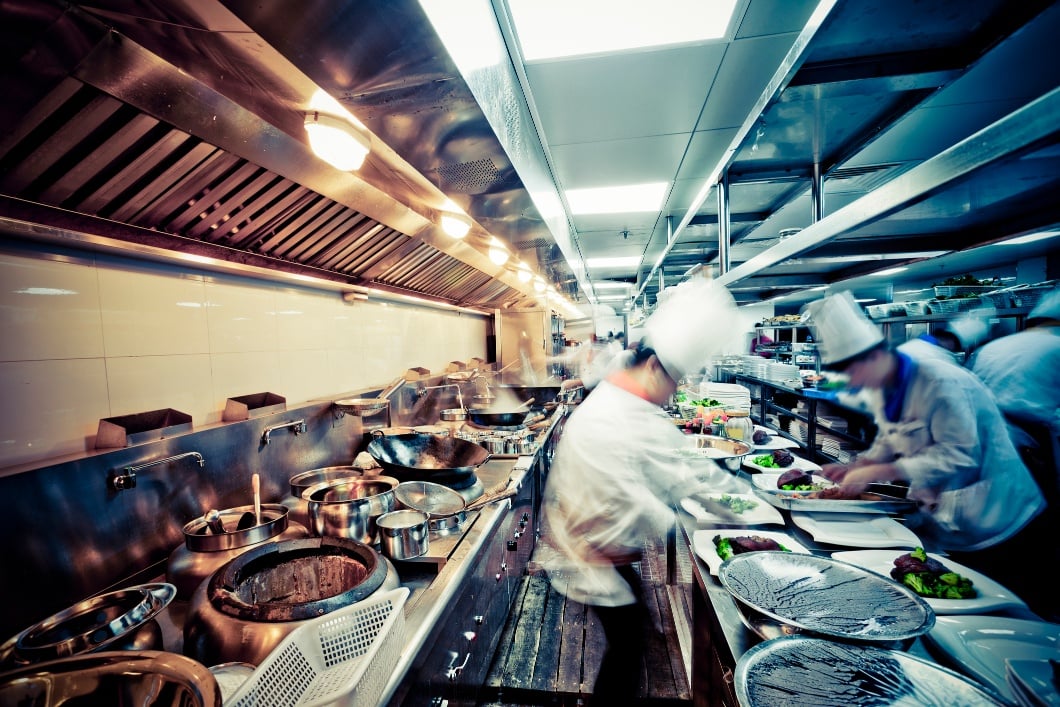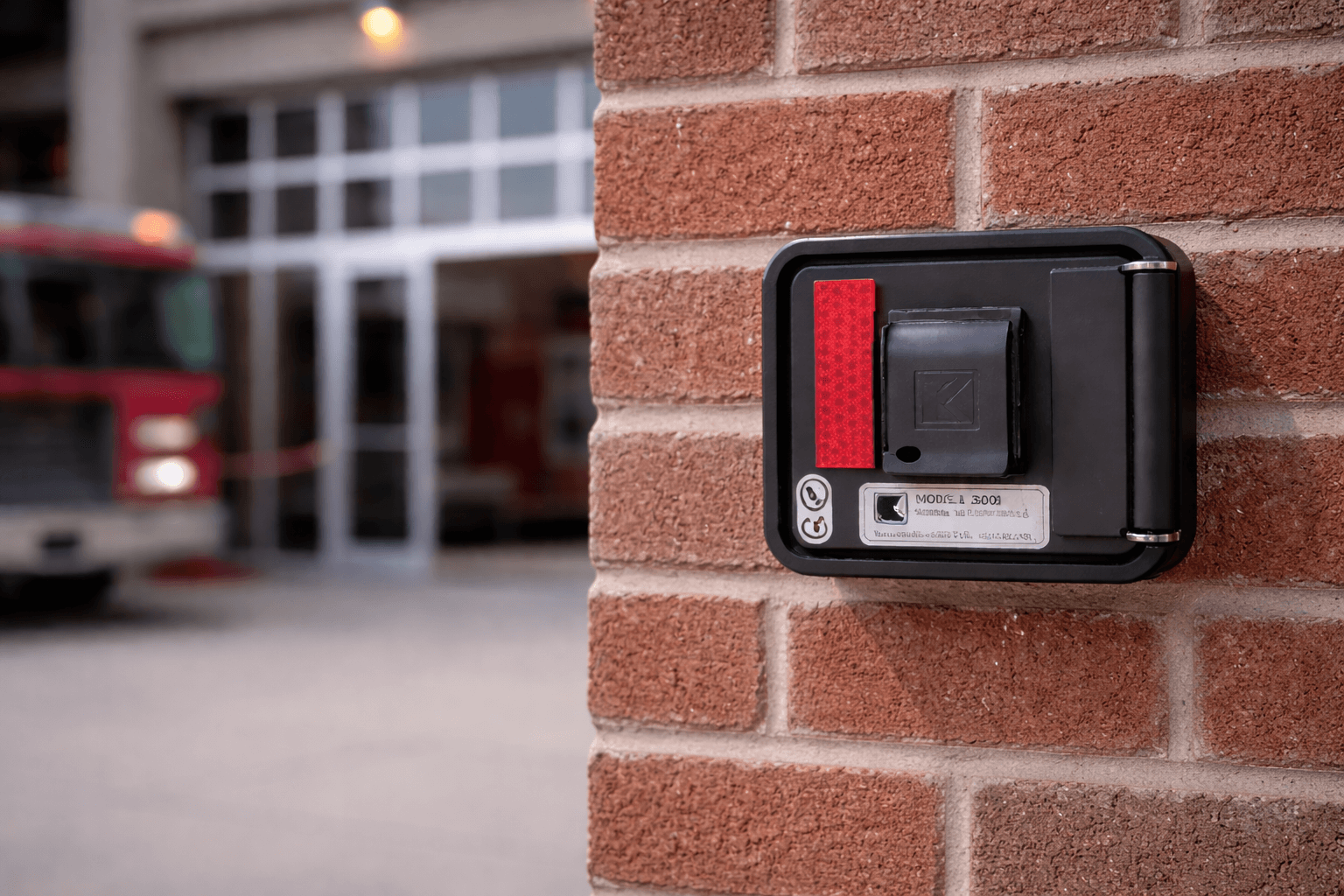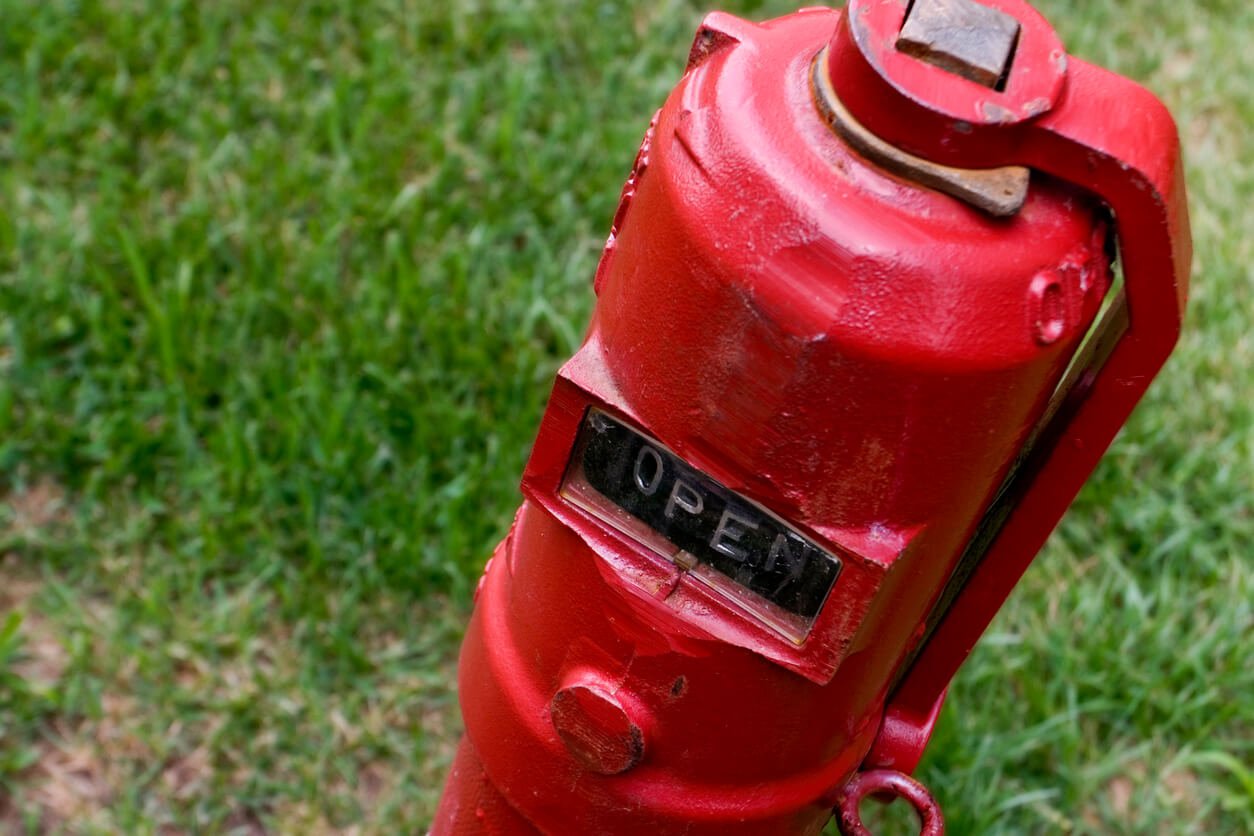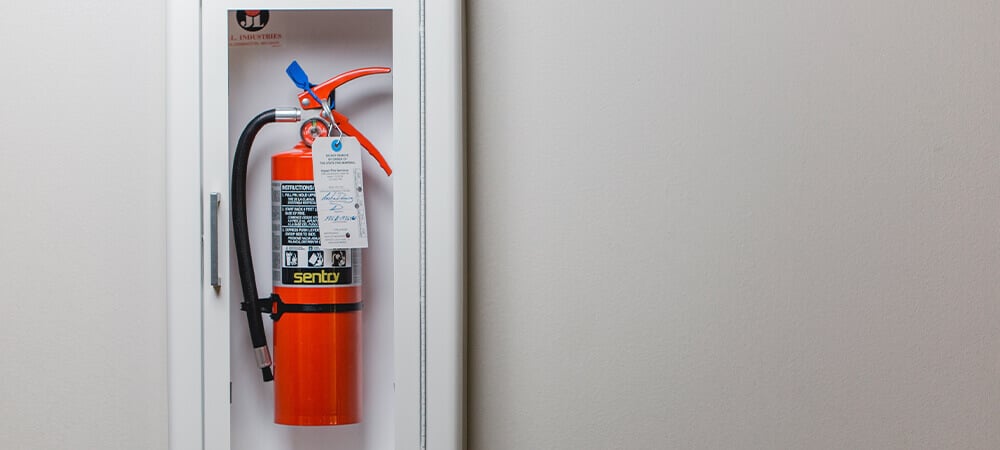A kitchen fire is something no restaurant owner wants to contemplate. While restaurants and commercial kitchens should be taking steps to prevent fires from starting in the first place, there is always a risk that something could go wrong. Luckily, fire codes require commercial kitchens to install fire suppression systems. These crucial fire protection systems suppress fires quickly to minimize damage and downtime.
As with any fire protection equipment, kitchen fire suppression systems need continuous inspections. Kitchen fire suppression system inspections have three primary purposes:
- Ensure the system is functioning properly
- Prevent unwanted/untimely discharge
- Ensure the system will pass inspection or an insurance audit
Whether your restaurant’s suppression system is brand new or has been active for years, here’s what restaurant owners need to know about kitchen fire suppression system inspections.
How Often Should Kitchen Fire Suppression System Inspections Occur?
NFPA 96 requires a trained and certified technician to inspect kitchen fire suppression systems every six months. A certified inspector ensures your system is in peak operating condition and has replacement parts and in-depth NFPA code expertise to ensure compliance.
Fire suppression professionals will conduct an in-depth inspection and testing of each of the components of your system, including:
- Piping
- Remote pull station
- Electrical interlocks
- Link line and detectors
- Actuators and control components
- Pressurized and non-pressurized tanks
- Appliance, duct, and plenum nozzles and nozzle blow-off caps
The standards for automatic dry or wet chemical fire extinguishing systems also contain cylinder inspection and testing requirements. Cylinders for dry chemical kitchen hood extinguishing systems must be examined every six years and hydrostatically tested every 12 years. Cylinders for wet chemical kitchen hood extinguishing systems must be hydrostatically tested every 12 years.
Pro Tip
Keep a copy of your inspection results for code compliance and insurance records.
The technician will provide compliance documentation for your restaurant. Always keep this documentation on hand to maintain compliance with codes and insurance requirements. Compliance documentation includes a new service tag, notes of any repairs, and a complete Commercial Cooking System Service and Inspection Report.
How to Conduct Kitchen Fire Suppression System Monthly Inspections
While it’s required that a certified technician inspect your system every six months, the restaurant owner or kitchen manager should perform a basic visual inspection every month. Here’s a step-by-step checklist for your monthly kitchen fire suppression system inspection.
- Check that all nozzles are pointed directly at the right appliance
- Check for a buildup of grease or dirt within the hood/duct
- Ensure the system gauges are "in the green" position
- Make sure the tamper indicator is intact
- Ensure the pull station is easily accessible and not blocked
- Look at the tag and verify the date of the last professional inspection
Related Resource
THE RESTAURANT OWNER’S COMPLETE FIRE PROTECTION GUIDE
Discover the unique fire risks of commercial kitchens and how you can best counter them. Learn More →
Call a Fire Suppression Specialist When Your System Activates
If your kitchen fire suppression system goes off for any reason, it’s time to call your fire protection company. It’s essential to ensure your system is appropriately recharged, your electricity and gas are turned back on, and you can get back to serving your customers as quickly as possible. If there is any damage to the system, repairs will need to be completed before the cylinders can be refilled and the system recharged.
When your top priority is serving the best possible food to your guests, the last thing you want to worry about is the condition of your kitchen fire suppression system. Avoid the hassle by partnering with an experienced fire protection company that handles all the details for you, from tracking your inspection records to completing repairs and maintenance. That way, you can focus on doing what you love—running a remarkable restaurant.
Editor's Note: This post was originally published on March 28, 2019, and has been updated for accuracy and current best practices.








